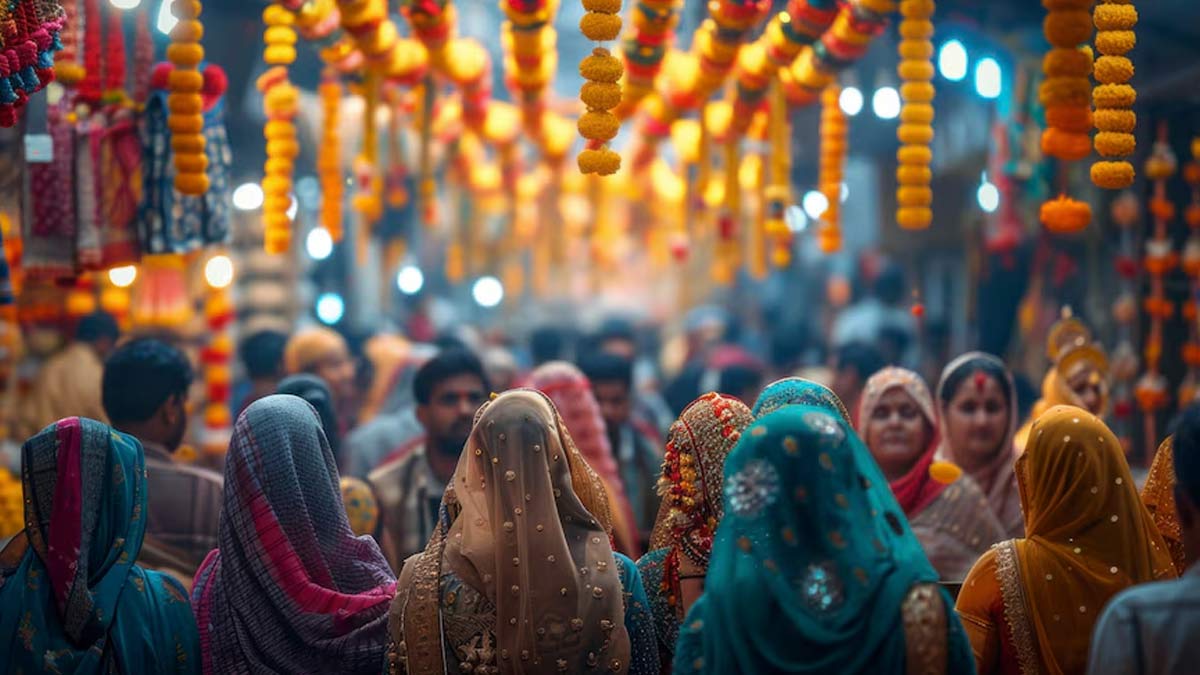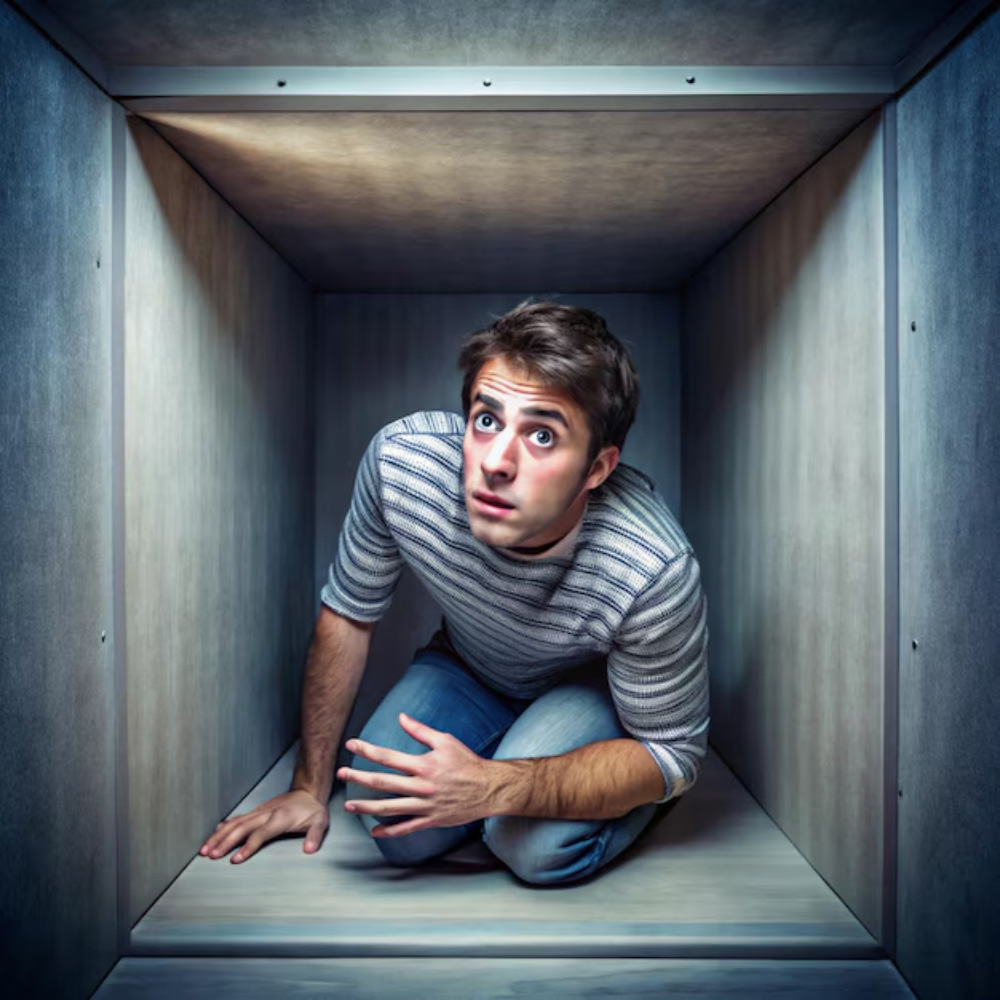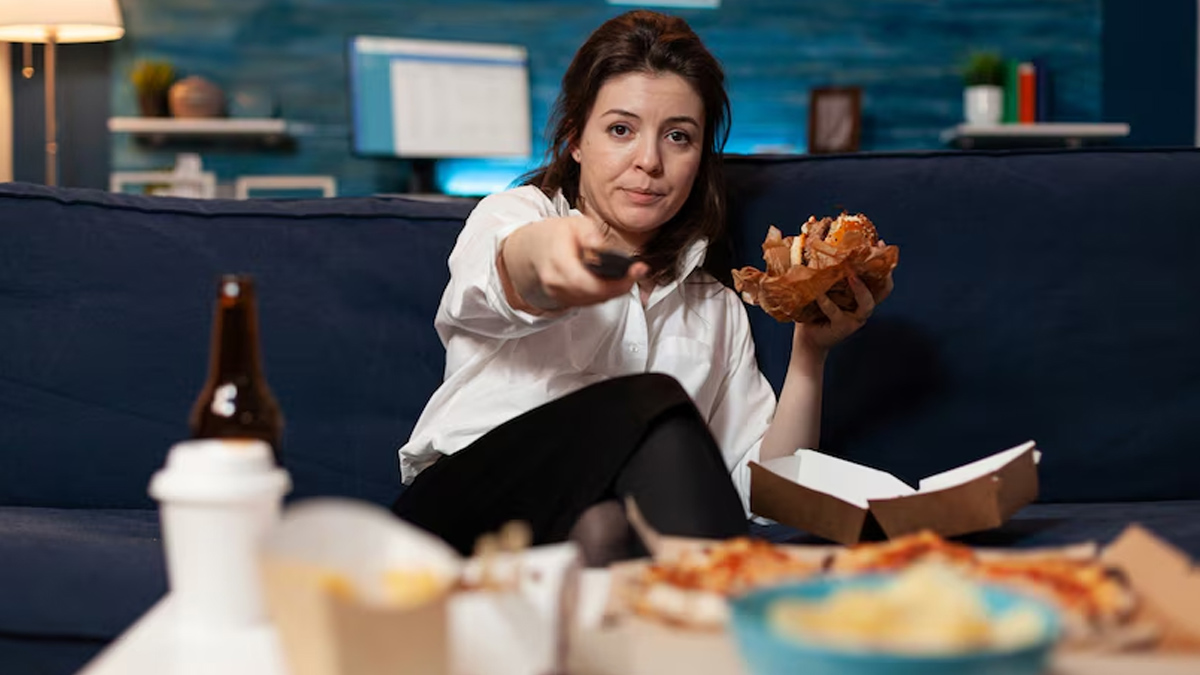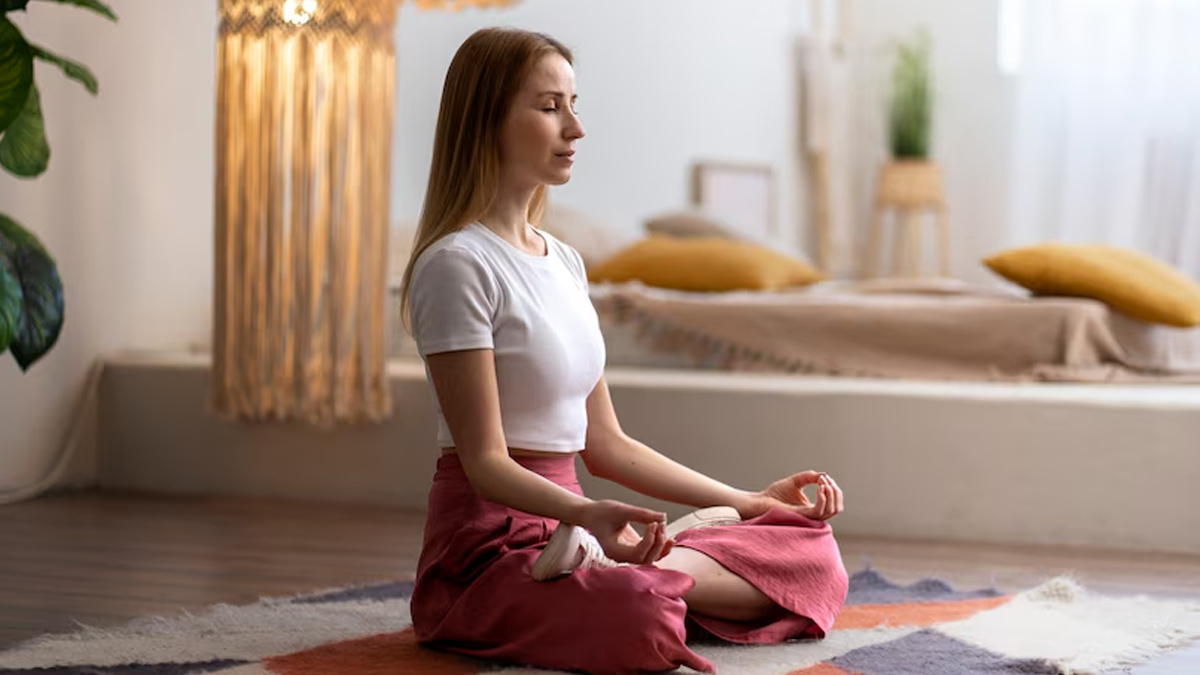
The festive season brings warmth, celebration, and a rush of people gathering in bustling spaces. For many, this is a time of joy, but for those with claustrophobia, the excitement is often tinged with anxiety. Crowded gatherings, tight spaces, and a heightened pace can make these environments feel suffocating. Claustrophobia, an anxiety disorder triggered by confined spaces, can lead to symptoms like breathlessness, sweating, and an overwhelming sense of panic.
Table of Content:-
To understand more about claustrophobia and how to manage it during festivities, OnlyMyHealth team interacted with Dr Roshan Mansukhani, Music Therapist, Counsellor, Mumbai.
According to Dr Roshan Mansukhani, understanding the roots of claustrophobia and making proactive lifestyle adjustments can significantly alleviate these distressing symptoms. Here, we explore insights from Dr Mansukhani on managing claustrophobia and how to prepare mentally and physically for crowded festivities.
Understanding Claustrophobia

Claustrophobia is often triggered by situations that make people feel “trapped” or “unable to escape,” leading to physical reactions such as sweating, increased heart rate, and shallow breathing. “Claustrophobia is directly related to uneasiness, breathlessness, and eventually, fear. Closed spaces can feel suffocating and make you sweat,” explains Dr Mansukhani. This fear response is commonly rooted in the mind, where stress and anxiety can heighten the sensation of being trapped.
While crowded spaces don’t necessarily cause claustrophobia, the presence of people and restricted movement can provoke symptoms, especially during high-stress situations like festivals. Dr Mansukhani emphasises, “All ailments are related to the mind. One could feel claustrophobic in any ambiance, even one visited before; it’s often a sudden whoosh of emotion.”
Also read: Essential Eye Care: Follow These 7 Tips To Prevent Corneal Ulcers
Lifestyle's Role in Claustrophobia

Dr Mansukhani identifies lifestyle as a significant factor in managing claustrophobic sensations, stating, “Erratic eating habits and disrupted sleep patterns impact us physically and mentally, which can intensify the feeling of claustrophobia.” A balanced lifestyle is key, especially in managing underlying stress that contributes to anxiety and claustrophobia. “Our sleep patterns, breath, and most importantly, the stress we carry all play a role,” he says. Stress that accumulates from the constant hustle and a packed schedule can subconsciously build up, creating a “heavyweight” feeling that could suddenly surface in crowded environments.
To avoid feeling overwhelmed in social gatherings, Dr Mansukhani advises paying close attention to your habits. "Make sure to drink enough water throughout the day to stay hydrated, look into your sleep patterns, maintain discipline, and avoid processed foods and alcohol, which can derail mental balance."
Mindfulness and Breathing Techniques

Breath control and mindfulness can be powerful tools for preventing claustrophobic reactions in crowded spaces. Deep, mindful breathing not only enhances relaxation but also strengthens the mind-body connection. Dr Mansukhani suggests, “It’s your breath and a free mind that shall help you enjoy any festival or get-together without feeling trapped or uneasy.” By grounding yourself in your breath, you build mental resilience, allowing you to stay calm and focused amid a bustling crowd.
Breathwork, in particular, has a holistic impact. “Our body, a compilation of muscles, gets signals from the mind. When we respect our breath, we clear the road ahead,” says Dr Mansukhani. Regular breathing exercises, such as deep inhalation through the nose and slow exhalation, help train the body to manage stress better, promoting both mental and physical stability.
Also read: White Spots On Eyes: Expert Explains Corneal Ulcer And Its Treatment
Avoiding Quick Fixes and Building Mental Strength
In times of stress, it’s easy to seek “quick fixes,” but these don’t address the underlying cause of anxiety. Dr Mansukhani advises against using shortcuts, such as caffeinated drinks or sugary snacks, to cope with stress, which can temporarily alleviate but ultimately worsen anxiety. “Respect your body and your mental health because that’s the key. A happy mind equals a happy body,” he emphasises.
Long-term mental resilience comes from consistent habits and understanding that “the root of all fear is a lack of confidence.” Building this confidence through mindfulness and lifestyle adjustments lays the foundation for tackling fear and anxiety holistically.
Also watch this video
How we keep this article up to date:
We work with experts and keep a close eye on the latest in health and wellness. Whenever there is a new research or helpful information, we update our articles with accurate and useful advice.
Current Version